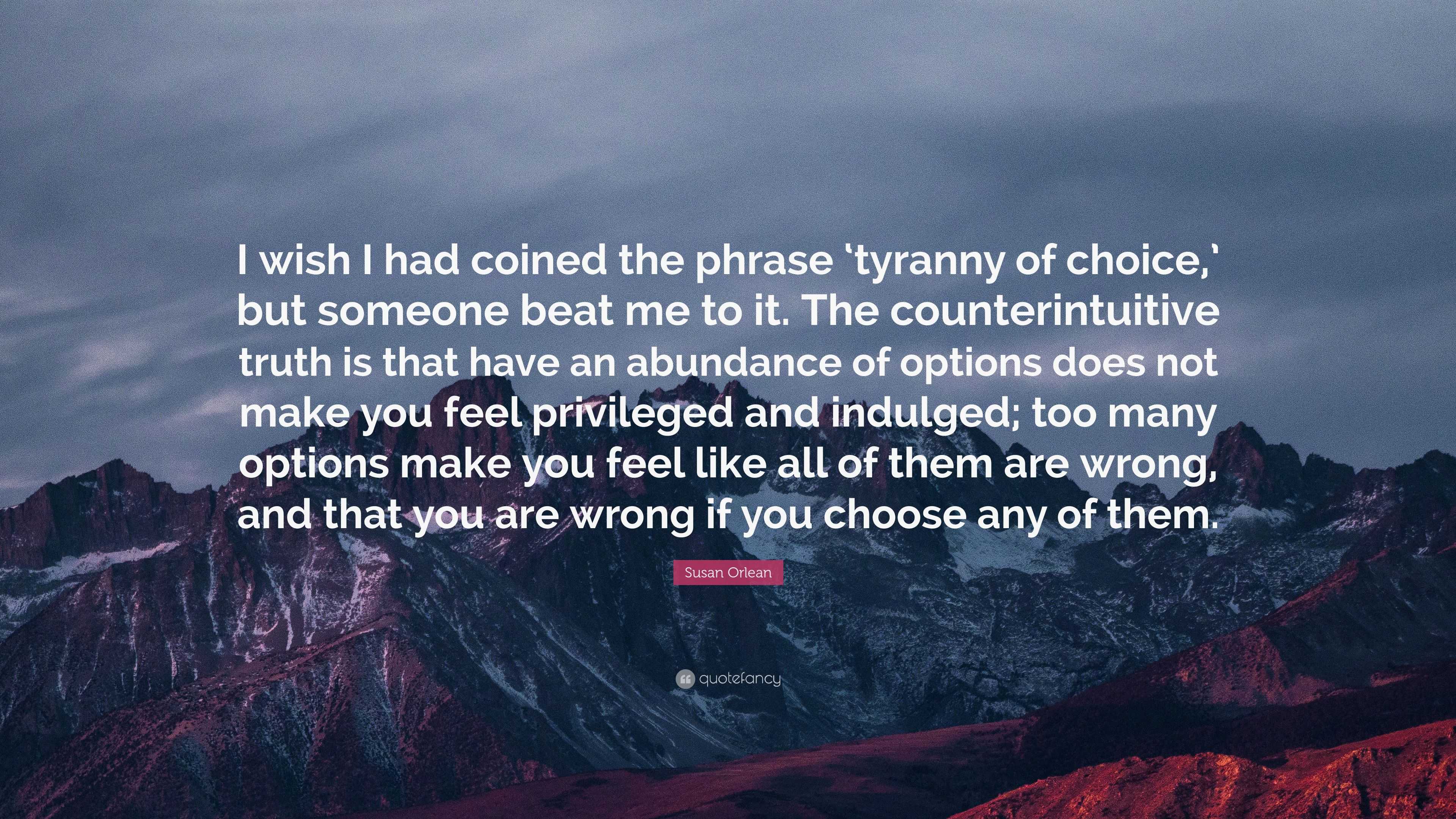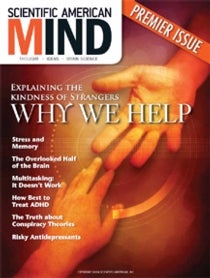

In today’s fast-moving society, we get a multitude of options available. Therefore, the results may vary due to different cultures. However, results also point to the importance of considering the cultural context that may have an effect on the relationship between maximizing and well-being. The results of the current study, therefore, indicate that the (mal)adaptive effect of these tendencies depends on their conceptualization as well as on how these tendencies are measured, and also on their different relationship with personality factors. However, the satisficing tendency measured separately from maximizing tendency was not related to anything which raises a question about the conceptualization and validity of this tendency. In addition, the two components were differently associated with personality factors, which strengthens the need to distinguish between them. Maximizing as a strategy (measured as alternative search) turned out to be maladaptive (positively related to depression and negatively related to happiness), whereas maximizing as a goal (measured as high standards) had no maladaptive effect (no relation with well-being). The results show the usefulness of a two-component model (maximizing as a strategy and maximizing as a goal) in measuring maximizing tendency. Satisficing tendency was measured as a separate construct.


In a sample of 514 subjects from the general population in Slovakia, a two-component model of maximizing was examined. There are also issues regarding the conceptu-alization and measurement of maximizing and satisficing tendencies. The question is, whether maximizing and satisficing have an adaptive or maladaptive effect on well-being. There is a lively debate about the effect of maximizing and satisficing tendencies on well-being. It is argued that, in societies where abundant individual choice is highly valued and considered the ultimate route to personal happiness, maximizers' dissatisfaction and regret over imperfect choices is a detrimental factor in well-being, whereas it is a much less crucial determinant of well-being in societies that place less emphasis on choice as the way to happiness.

These patterns also emerged for the individual facets of the maximizing scale, although with a notable difference between the U.S. Although in China maximizing was associated with more experiences of regret, regret had no substantial relationship to well-being. However, in the non-western society (China), maximizing was unrelated to well-being. and Western Europe), maximizers reported less well-being than satisficers, and this difference was mediated by experienced regret. The results showed that, in societies where choice is abundant (i.e., U.S. Data from three distinct cultural groups (adults), drawn respectively from the U.S. The present research investigated the relationship between individual differences in maximizing versus satisficing (i.e., seeking to make the single best choice, rather than a choice that is merely good enough) and well-being, in interaction with the society in which an individual lives.


 0 kommentar(er)
0 kommentar(er)
